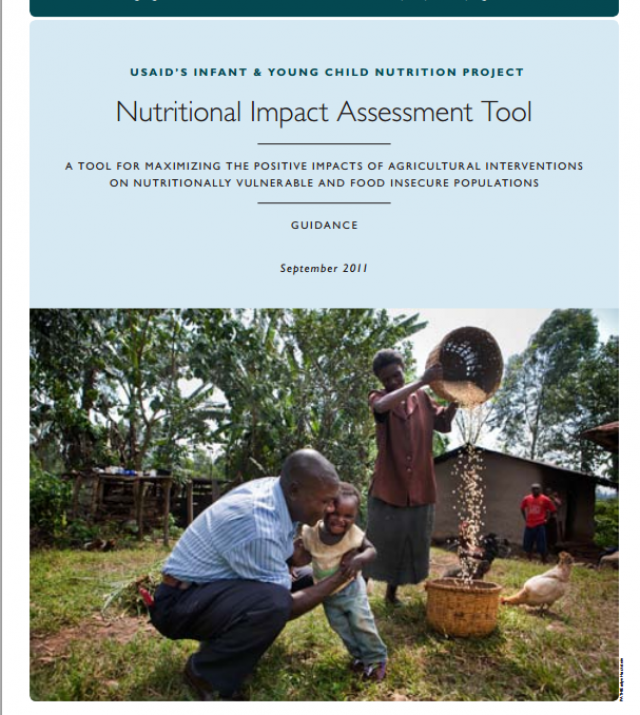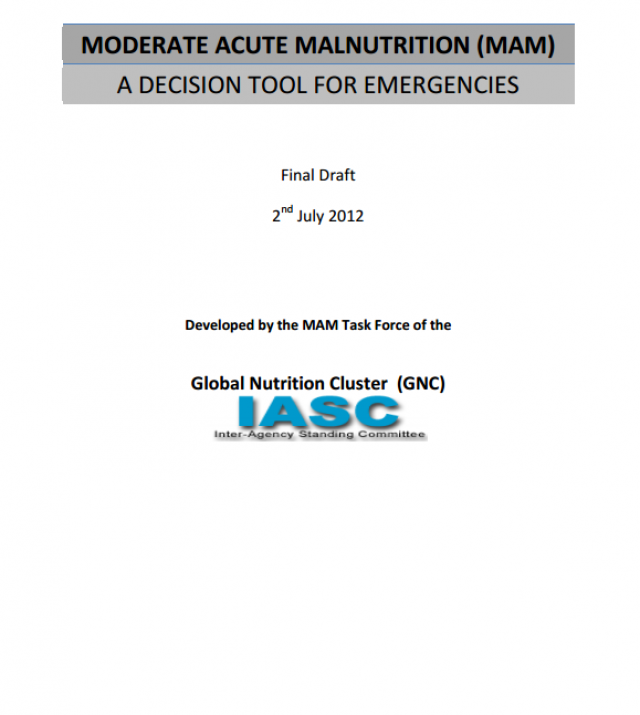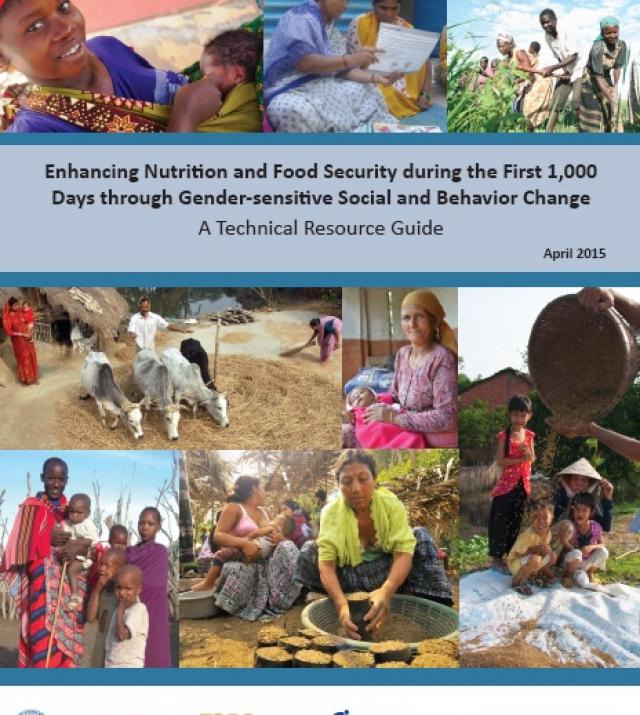
Timed and Targeted Counseling for Nutrition
Presenter: Mesfin Beyero, Director Alive & Thrive project, World Vision Ethiopia
Lessons learned from implementation of behavior change communications strategies on optimal breastfeeding and complementary feeding practices have indicated an improvement of care practices after proper counseling and support. Counseling interventions, in turn, will be more effective depending on the knowledge and skill of the counselor, the frequency of contact between the counselor and client, timing of the counseling, the type of messages delivered, and the support received. The presentation examined how infant and young child feeding (IYCF) practices could be improved through timed and targeted IYCF messages to mothers and caregivers, how to increase the frequency of contact between the client and counselors through a “peer mother.”
Examples were given of both timed and targeted counseling. Counseling can be timed so that the intervention is conducted when the target population will be more receptive to the behavior change; meanwhile, it can be targeted by working through people that have the potential for the greatest influence within a community. Those who practice the behavior as well as those who have the power to influence adoption should be considered. For example, peer mothers are used in IYCF counseling because mothers prefer to be counseled by other mothers and peer mothers often trusted within the community.
This initiative was targeted at mothers-in-law as important influencers for IYCF behaviors. A study to determine the most appropriate timing for mothers-in-law to appropriately influence new mothers showed that the second day after a delivery was best as opposed to the first day when many people stop by to congratulate the mother – an environment that is not conducive to counseling.
In small groups, participants discussed their project experience in “timing” messages and the perceived benefits of this approach. If not, they discussed the potential obstacles. The small groups then came together to conclude the session with a discussion of which messages need to be timed and which can be disseminated at multiple periods or contact points. Participants felt that the following messages particularly needed a focus on timing: immediate and early initiation of breastfeeding (colostrum); the importance of the first (and early) ante-natal care visit; the importance of improved maternal nutrition during pregnancy (including extra meals, a diverse diet, and iron folic acid supplementation); importance of maintaining exclusive breastfeeding beyond the first months and up to the sixth month; key messages for complementary feeding appropriate for different age ranges.
The Way Forward: Participants made recommendations in the following areas:
Processes
There are not always sufficient locally available foods available to provide adequate nutrition so counseling may not be enough. More support is needed to identify and ensure nutritious alternatives or supplements.

